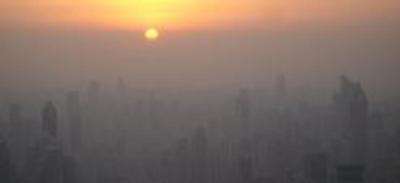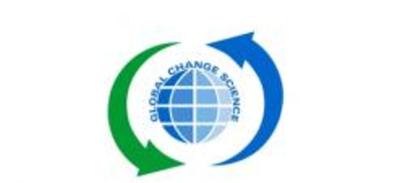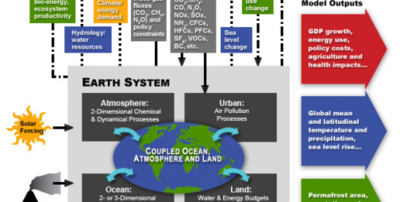Science & Policy
As the scientific dialogue on the degree of climate warming continues, the critical question surrounding potential global change has now become: How do we rise to the challenge of mitigating and adapting to substantial human interference of the climate system? PAOC researchers work in interdisciplinary teams to address the challenge of balancing worldwide economic growth with realistic and practical environmental stewardship.
 As part of its collaboration with other MIT research groups, PAOC maintains an active research partnership with MIT’s Joint Program on the Science and Policy of Global Change. These activities cohere around a single guiding principal: science and policy have to work together. At the core of this underlying research strategy is cutting-edge research in the global human and earth systems, and the integration of this research through consideration of: policy/management, feedback and response of the various sub-systems, innovation and technology, and the probabilities that we can assign to our knowledge in these areas – all of these are necessary ingredients to quantifying climate risk. Among the questions we seek to answer are:
As part of its collaboration with other MIT research groups, PAOC maintains an active research partnership with MIT’s Joint Program on the Science and Policy of Global Change. These activities cohere around a single guiding principal: science and policy have to work together. At the core of this underlying research strategy is cutting-edge research in the global human and earth systems, and the integration of this research through consideration of: policy/management, feedback and response of the various sub-systems, innovation and technology, and the probabilities that we can assign to our knowledge in these areas – all of these are necessary ingredients to quantifying climate risk. Among the questions we seek to answer are:
- How effective and costly would specific policy measures be in alleviating climate change?
- What are the advantages and risks of waiting for better scientific understanding of such change?
- How will the oceanic and terrestrial uptake of carbon dioxide and other greenhouse gases be affected by changing climate?
- What nations, regions, and economic sectors are most likely to be affected?
To tackle such issues requires our analysis and model-development facilities to be as close to the frontier of the scientific and socio-economic disciplines addressing them as possible, while maintaining the ability to perform the types of multiple calculations that are needed in order to understand both uncertainties in the human-climate system and implications of proposed policies.


